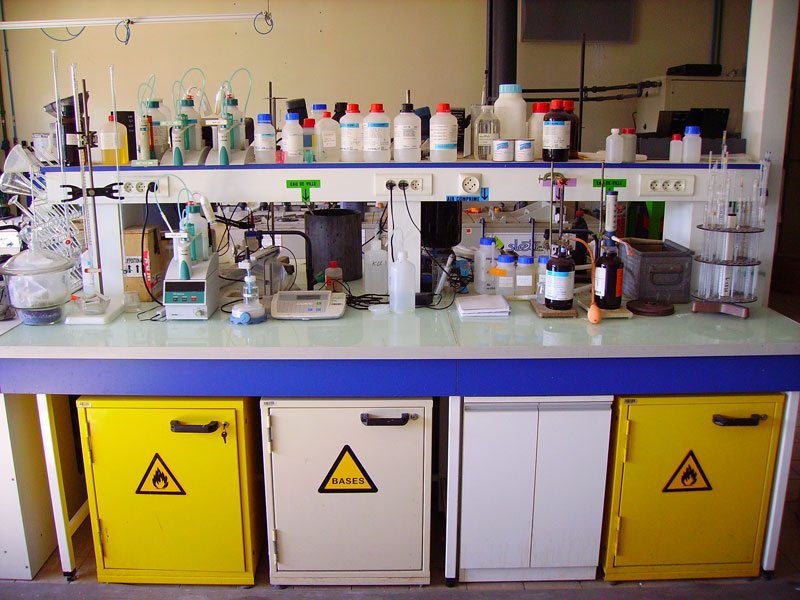Raise your Query
Hi! Simply click below and type your query.
Our experts will reply you very soon.
Hi! Simply click below and type your query.
Our experts will reply you very soon.
NH-1 A, Kartholi, Bari Brahamana, Bari Brahmana, Jammu, Jammu & Kashmir - 181133, India
Call Us : View Mobile Number
Phone : +91-1923-220467
Fax : +91-1923-221318
